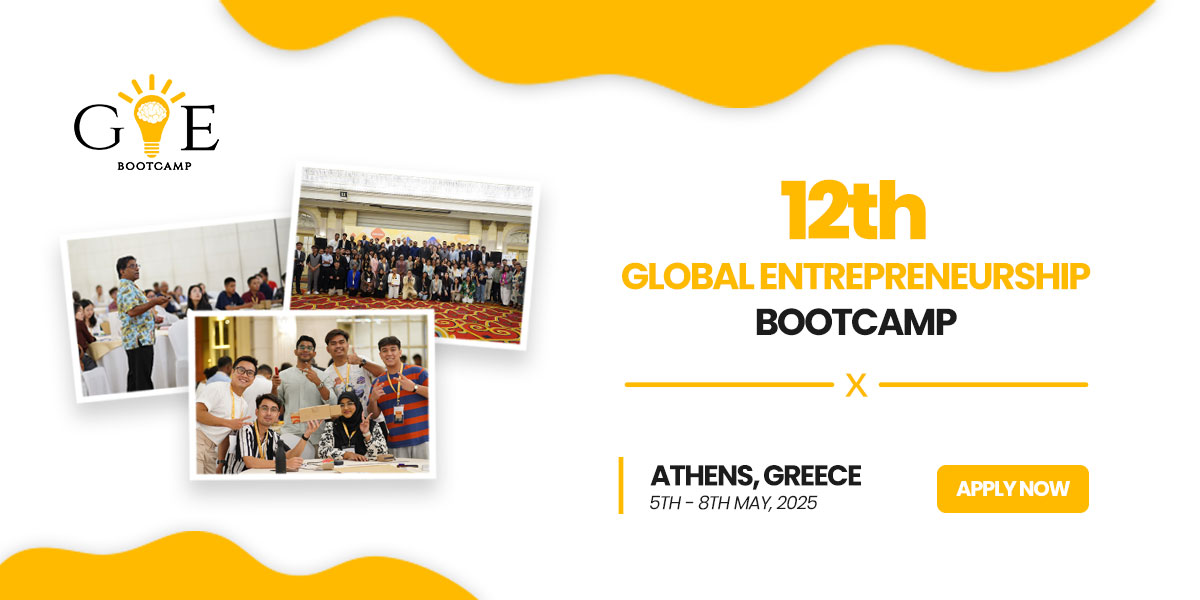
Call for Code Global Challenge 2021
Details
Applications call for Code Global Challenge 2021. In the Call for Code Global Challenge, you can join the fight against climate change by building and deploying open source solutions in the cloud. By participating, you’ll build critical skills for yourself and your teams and deploy solutions to help communities across the globe.
Global Focus Areas
Code Global Challenge has the following three areas
- Clean water and sanitation: Water is the natural resource that is most threatened by climate change and a prerequisite for life on Earth. From intelligent solutions for small farmers to recycling showers, technology can make a significant impact on the availability of water and its consumption.
- Zero Hunger: 135 million people suffer from acute hunger, with climate change a major contributing factor. Technology can help farmers to grow more crops in areas on the edge of drought or organizations to quickly distribute perishables from small stores to local homeless shelters.
- Responsible production and green consumption: Worldwide consumption and production drive the global economy, yet is inextricably linked to the environment. Technology can help in many ways, from recommendations on energy/efficiency to highlighting the carbon footprint of purchases we make.
Global Challenge
Grand prize winner
- $200,000 USD; Dispersed equally across the team and solution deployment support
Runners up
- First and second: $25,000 USD
- Third and fourth: $10,000 USD
University Challenge
Grand prize
- $10,000 USD and each student team member will receive the opportunity to interview for a potential role at IBM.
Runners up
- Each student team member will receive the opportunity to interview for a potential role at IBM.
Regional Prizes
- Grand prize – $5,000 USD; Dispersed equally across the team
Selection Criteria
- Completeness and transferability: How fully has the idea been implemented? Can it achieve an impact in the field? Can it be transferred elsewhere?
- Effectiveness and efficiency: Does the solution address a high-priority area? Does it achieve its goal effectively and efficiently? Can it scale?
- Design and usability: How good is the design, user experience, and ease of use of the solution? How quickly can it be put to use?
- Creativity and innovation: How unique was the approach to solving a long-standing or previously intractable problem?
Specifications
| Type of Opportunity | Competitions and Awards |
|---|---|
| Open to | All |
| Organizer | Call for Code |
